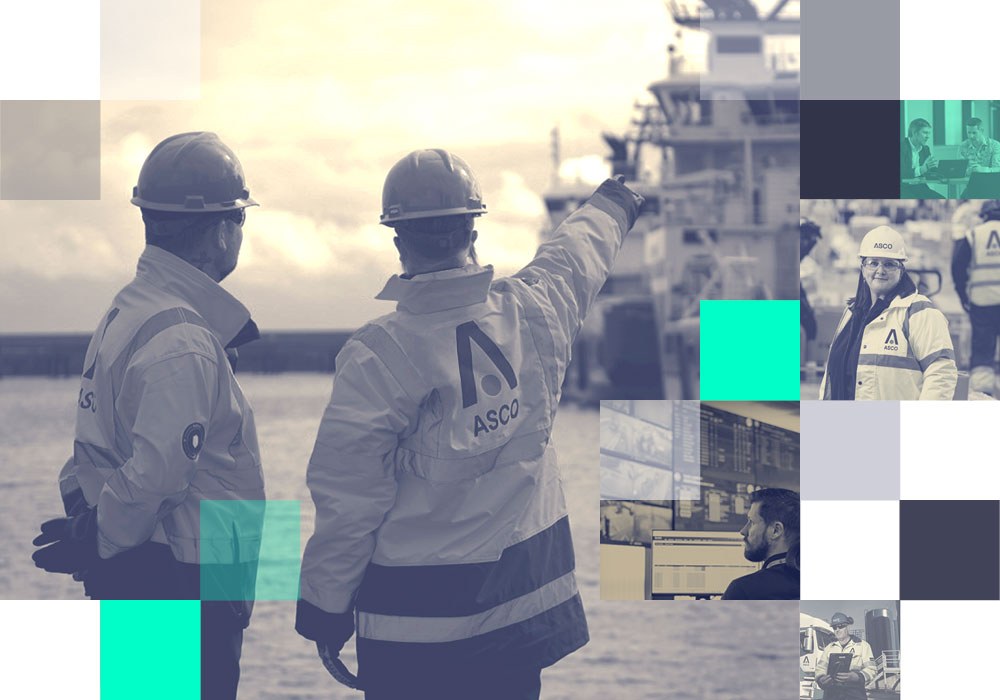We’ve all seen the recent press images of litter strewn public parks and beaches – the result of some unseasonably nice weather and an easing of lockdown restrictions. Unfortunately, we’ve also all seen media reports of those public spaces being closed whilst local council services are being redirected into a mass clean-up.
As a waste management specialist, who spends his time ensuring that waste is never a surprise and is always dealt with proactively, this situation has struck a chord with me – as have indications in the press that a bit of anticipation may have prevented this situation – and the associated costs - to some extent.
But coming to that conclusion after the fact is not the most efficient, cost-effective result. Whilst we can rest assured that the general public will continue to litter, it remains to be seen as to whether a reactive clean-up will repeated at some financial and environmental expense, or whether councils will have the forward planning and financial capacity to control the situation as we move through the spring and summer.
But why am I writing about public parks? Simply, the outcome of what we’ve seen can be transferred to any industry, including offshore energy. In other words, to ensure that waste does not adversely affect operations or cost more than it should, it is incredibly important to plan ahead.
Taking control of a situation through early engagement and a proactive approach results in better outcomes and, in the relevant circumstances, continuous improvement. We’ve all looked at our bank balance and wondered where all the money has gone. We then look at our outgoings and behaviours, before amending them to avoid a recurring situation. Or at least, we’re supposed to! The same applies to effective waste management.
I’ve seen how early engagement with ASCO’s waste management experts can really assist our clients in taking control of their waste management process. And by doing so, they can fully embrace the waste hierarchy and realise their environmental objectives, with a circular economy as the ultimate goal.
In achieving this, the power of waste data reports cannot be underestimated. Yes, they are a regulatory requirement - but more than that they are critical in gauging the performance of an asset’s waste-related equipment; understanding its efficiency, helping to optimise performance and ensuring 100% compliance.
But what difference will this really make on a day-to-day, practical level? The impact is significant across all aspects of waste management, but here is a great example which illustrates how proactive waste management processes can impact in all sorts of unexpected ways:
A client’s waste report consistently indicated that there was a problem. Further investigation of the report highlighted that food waste in particular was causing a number of issues, resulting in additional manpower, time and money being spent to ensure cleanliness.
“Is the kitchen macerator working properly?”, I asked.
Investigation confirmed that the macerator no longer functioned. Why not? Because it had been unable to cope with certain types of food waste, including chicken bones. The solution to repair the macerator was an obvious one. The less obvious additional solution we provided was to revise the type of food purchased, thus reducing the likelihood of future breakdowns.
You probably thought I was going to discuss waste water, NORM, drilling slops or any of the various waste material ASCO manages on a daily basis for our clients. And yet this story encapsulates ASCO’s three obsessions of safety excellence, service excellence and sustainability, providing a textbook example of the very specific level to which proactive waste data analysis can impact upon an asset’s waste management process - saving time, money and manpower.
Time and again, ASCO’s services provide transformative results, and we know that an ethos of proactivity is key to the success of the entire waste management journey.
It’s a well-worn phrase, but prevention really is better than the cure when it comes to effective waste management and the road to a circular economy.
Read the article on page 31 of Energy Voice's May edition here.
Learn more about our Environmental services here.




